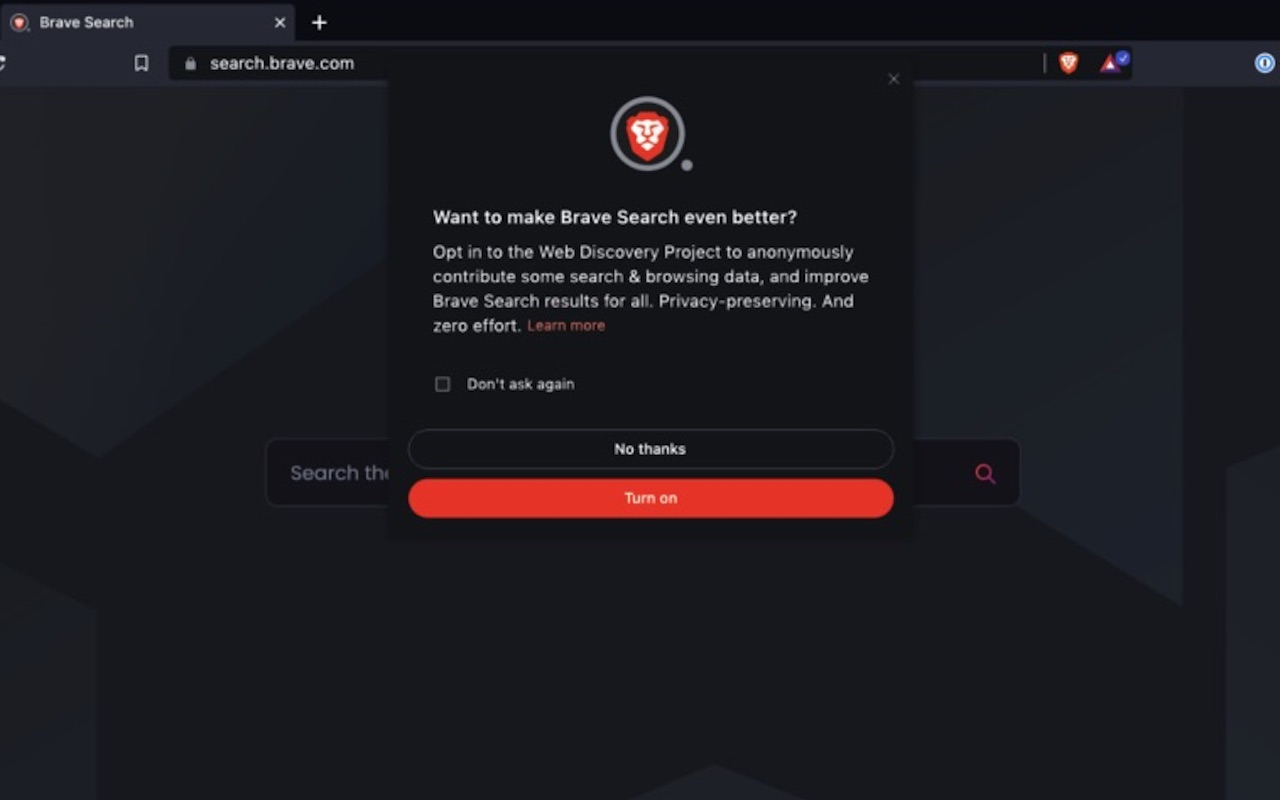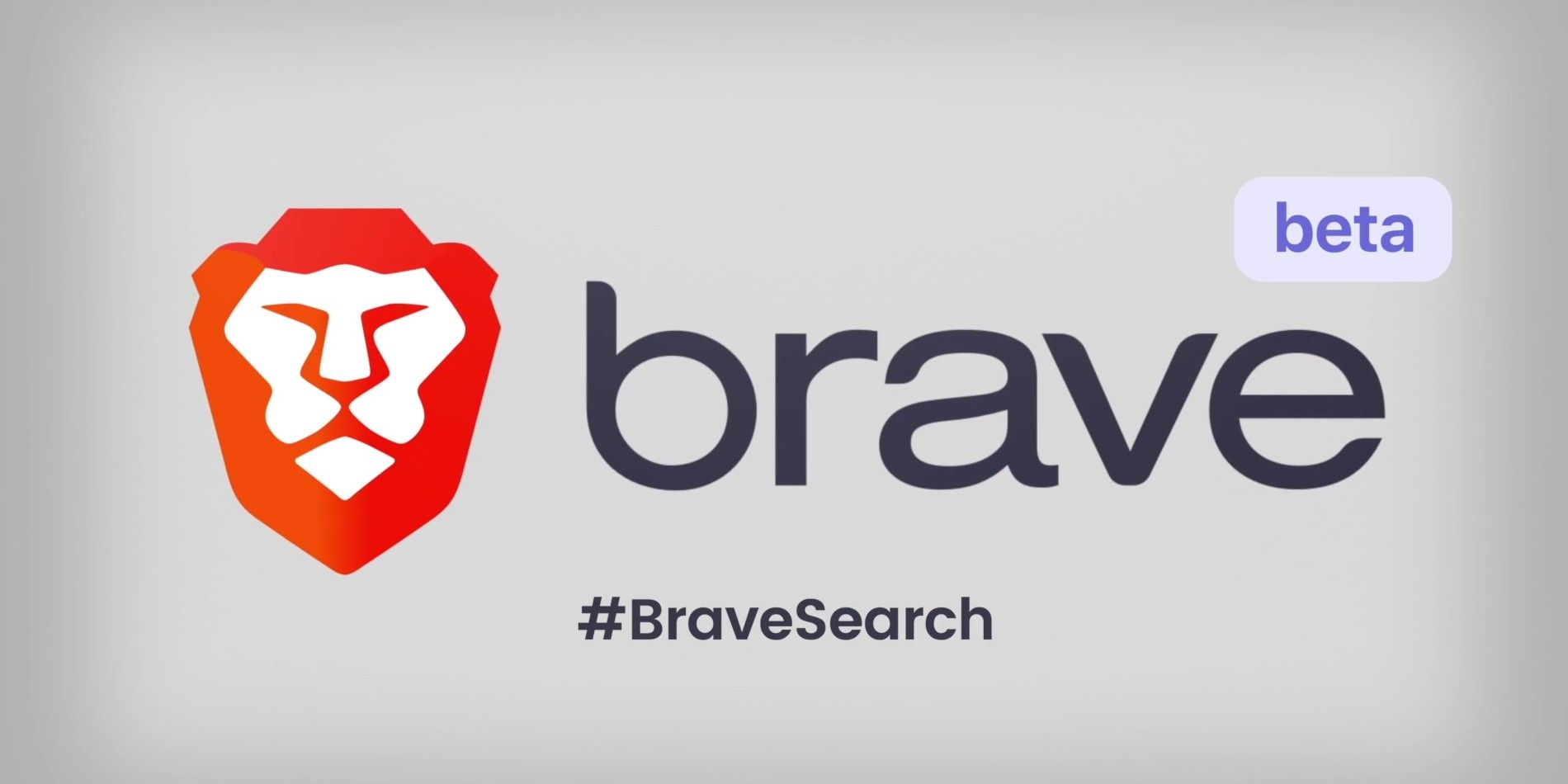

Startpage taps into Google’s search index, so their results look similar to Google. Yahoo is also known to be slightly more private than Google or Bing. Yahoo! is a multifaceted platform, delivering search along with resources like Yahoo! Finance. So if there’s unsatisfactory results in Bing, those will appear in DDG as well. However, DDG depends on Yahoo! and Microsoft Bing for its search results. And it prevents online tracking of searches or clicks. Like Brave, DDG doesn’t build user profiles, so it will always show the same search results to all users. DuckDuckGoĭuckDuckGo (DDG) is a popular privacy search engine. Note: You can set Brave Search as your default search engine in the Brave browser or most other major browsers at. Simply visit from any browser to get started. While other alternative options do offer some privacy, most still get their results from Big Tech-if Google or Bing stopped working, these other options would, too.īrave Search doesn’t censor results, and it’s transparent about its ranking. And, unlike other search engines on this list, Brave serves results from an independent index of the Web.

Brave Searchīrave Search doesn’t track you, your searches, or your clicks. While the answer may not be the same for every person, we’ve compiled a list to guide you in the right direction. The top private search engines: a comparitive guide Regardless of the method, private search engines can give search results without exposing your identity or tracking you online. Still others use a totally independent index of the Web, and skip Big Tech altogether. Other options “proxy” your searches, meaning Google / Bing only see queries coming from a single server that’s not associated with you. Some still use Google or Microsoft Bing as their core index, but build in extra privacy protections. What is a private (“no-tracking”) search engine?Ī private (or “no-tracking”) search engine can deliver high-quality results without the threat of Big Tech’s surveillance, and they work in a few different ways. In this article, we’ll give a rundown on some of the most popular private search alternatives. Thankfully, there are search engines that don’t track you. If you’re uncomfortable with this level of surveillance, you’re not alone. And of course, if you search for something on, Google records what you search and what you click. If you use Google Maps to chart your route home, Google records it. If you’re logged into Google, and you watch a video on YouTube, Google records it. Its browser (Chrome) and search engine are just tools to collect your data, sell highly targeted ad space, and rake in massive profits. But while Google’s search engine can deliver very good results, it’s not at all good on user privacy. As the most widely used option on the market, “Google” has become a verb-the brand is synonymous with the function. When you hear “search engine,” you probably think Google.


 0 kommentar(er)
0 kommentar(er)
